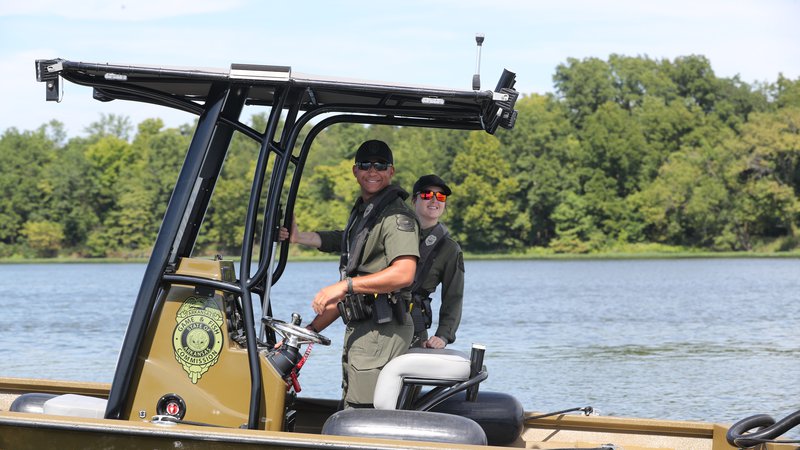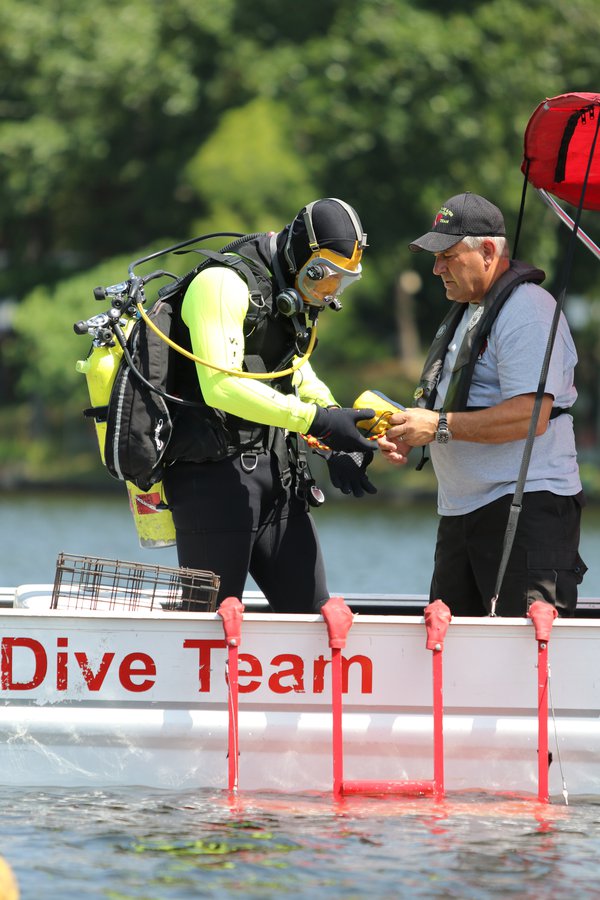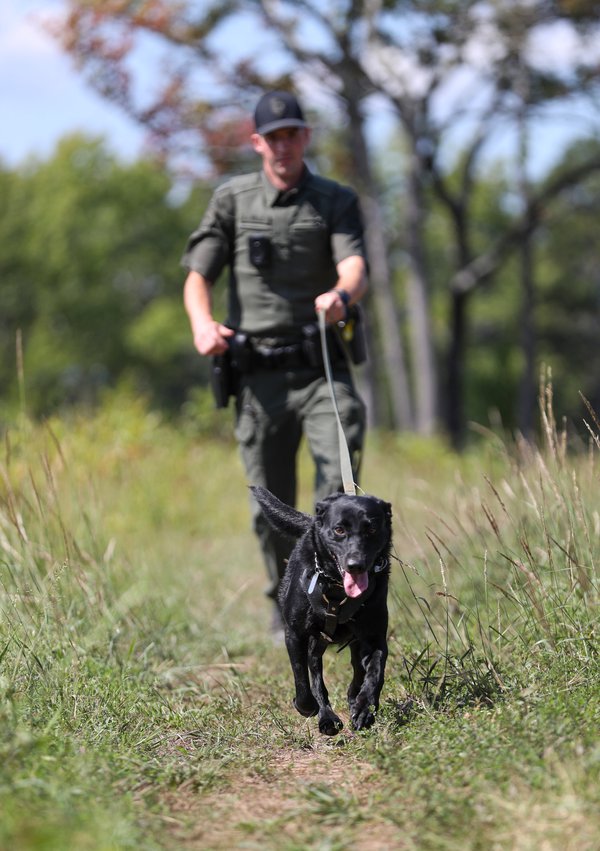

Becoming a game warden is much more than just checking hunting and fishing licenses. They respond to calls for help during natural disasters, search-and-rescue efforts and even assist other agencies in manhunts, drug enforcement and other high-profile law enforcement activities. They must be ready at a moment’s notice to dive into the water to save someone from drowning and be willing to spend hours on end during weekends and late nights staking out likely spots to catch poachers in the act.

Applicants must be a U.S. citizen who is at least 21 years old. They must have a high school diploma or the equivalent and a valid driver’s license with a good driving record. They must be able to swim, and pass physical, psychological, vision and hearing exams and pass a thorough background inspection.
Maj. Brian Aston at the AGFC’s Little Rock Headquarters says the Enforcement Division is hoping to fill 11 vacancies around the state with the next class of game warden cadets being recruited.
Competition is strong for these jobs, and applicants may come from many backgrounds. State troopers, former sheriffs, former military police and many other law enforcement professionals apply each year. Many professionals from other backgrounds such as firemen, EMTs and wildlife biologists also are regularly chosen to fill the ranks of cadet classes because their skills and experience in stressful situations are valuable to the daily interactions a game warden may have.

If selected, cadets will embark on 26 weeks of training, which includes 18 weeks at the AGFC’s H.C. “Red” Morris Enforcement Training Center in Mayflower. They will be trained in self defense, physical fitness, wildlife forensics and law enforcement as well as state law. Upon graduation from the center, each new game warden will be assigned to a duty station for an additional eight weeks of field training with a superior officer.
“We try to make some accommodations toward a new game warden’s desired duty station, but we have to fill vacancies in certain counties, so your assigned station ultimately is determined by the needs of the public and the agency,” Aston said. “Relocation may be possible once vacancies open in other areas of the state, but many game wardens become a part of their community and choose to stay once they’ve worked there for a few years.”